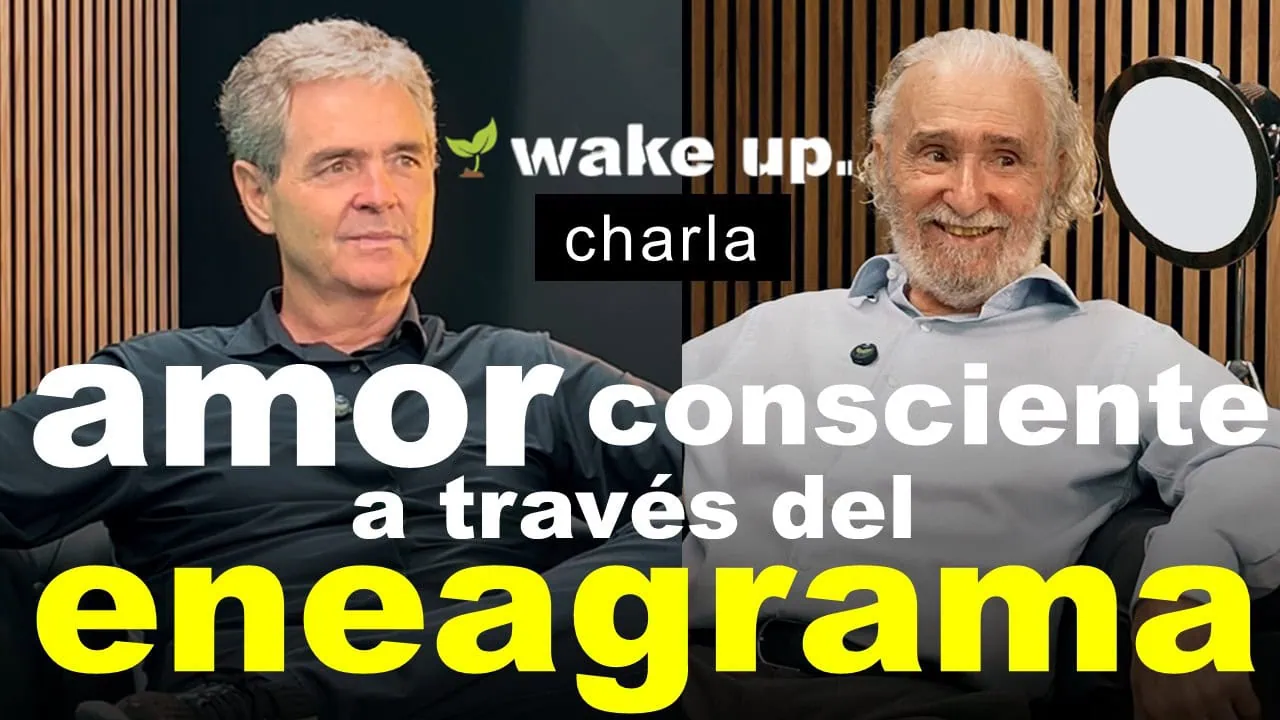
Nazareth Castellanos is a neuroscientist and expert in the field of psychology.
Nazareth Castellanos, neuroscientist and expert in the field of psychology has more than 25 years studying universities in the brain I started in a project on the brain year its reorganization of brain networks in people who have had acquired brain damage and how thanks to the plasticity as the brain always tried to compensate recover and see what forms of lifestyle could help that ability of the brain to recover but about 10 years ago as quiche leave a little of that part of brain damage of Alzheimer’s disease and study the effect of meditation, observation and observation of the brain and the brain’s ability to recover. could help that ability of the brain to recover but about 10 years ago I wanted to abandon a little bit that part of brain damage of Alzheimer’s disease and study the effect that meditation, the observation of oneself, the way of life has on the brain and how the organs, the intestine, the breathing, the heart influence on the neuronal dynamics.
Nazareth, highlights the fundamental importance of compassion, altruism and the love we have received as factors that have driven the advancement of our society. In her reflections, Narareth points out that we are all beneficiaries of the care provided by others at birth, as we are completely dependent on the adults around us. Despite the circumstances and challenges that life may present, there is always someone, an institution or a person willing to support us on our journey.
The study in neonates
One study that had a profound impact on Narareth during her time in London focused on neonatal acquired brain injury and its impact on adolescence and adulthood. This study highlighted the importance of early referrals and support in children’s lives. According to a study by Bonano, those children who had had a solid reference during their childhood developed greater neural plasticity and a greater capacity for biological resilience compared to those who lacked this reference.
References in life are crucial, as they often represent a helping hand in difficult times, especially in childhood, when we are less aware of their impact. However, throughout everyday life, many people face challenging situations and receive a significant amount of help from others. Placing oneself in the position of someone who is experiencing difficulties and knowing that someone is there to provide support has remarkable effects on the brain.
The brain changes with gratitude
Narareth Castellanos has observed how certain areas of the brain, such as the prefrontal cortex, are strengthened in people who not only receive help, but also experience gratitude for it. She believes that practicing gratitude should be an exercise that we should all incorporate into our lives, not only in receiving, but also in giving thanks for all the blessings we receive.
Gratitude: a mental and spiritual change
Another crucial part of this equation is appreciation. Not only is it a sign of respect for others, but it also has a significant impact on our well-being. According to Nazareth Castellanos, gratitude is one of the main spiritual and mental changes.
Our brain’s prefrontal cortex and limbic system, which are related to emotions and decision-making, are activated when we express gratitude to those around us. Regular practice of gratitude strengthens these areas, which helps us to have a more positive outlook on life and better handle stress.
Generosity is transformative
Generosity is an act that transcends cultural and geographic boundaries. Humanity has long recognized the intrinsic value of helping others without expecting anything in return. Science supports the idea that helping others can have a profound impact on our brain and spirit, beyond personal beliefs. Nazareth Castellanos, a neuroscientist, researcher and writer, introduces us to the fascinating world of neuroscience and generosity, and how these two concepts are connected to improve our quality of life in this interview.
Compassion has benefits for the spirit and the brain.
Another human quality that deserves special attention in this conversation is compassion. Nazareth Castellanos emphasizes that the act of living with compassion benefits our brain. The ability to feel and understand the suffering of others and to have a true desire to alleviate that suffering is known as compassion.
A number of positive changes occur in our brain when we practice compassion. It has been observed that the areas of the brain related to decision-making and empathy are activated more intensely. In addition, compassion causes the release of endorphins, which are neurotransmitters that function as natural painkillers and produce happiness. These brain changes can have an impact
In summary, according to Nazareth Castellanos, compassion, altruism and the support we give and receive are fundamental to our progress as a society. Early referrals and care in children’s lives have a lasting impact on their adaptive capacity and resilience. In addition, gratitude for help received not only benefits those who experience it, but also strengthens certain areas of the brain, such as the prefrontal cortex. The practice of gratitude, both in giving and receiving, can have a significant impact on our lives and on our brain and emotional health.
Don’t believe anything you just read, think for yourself.
Wake up
Wake up!












